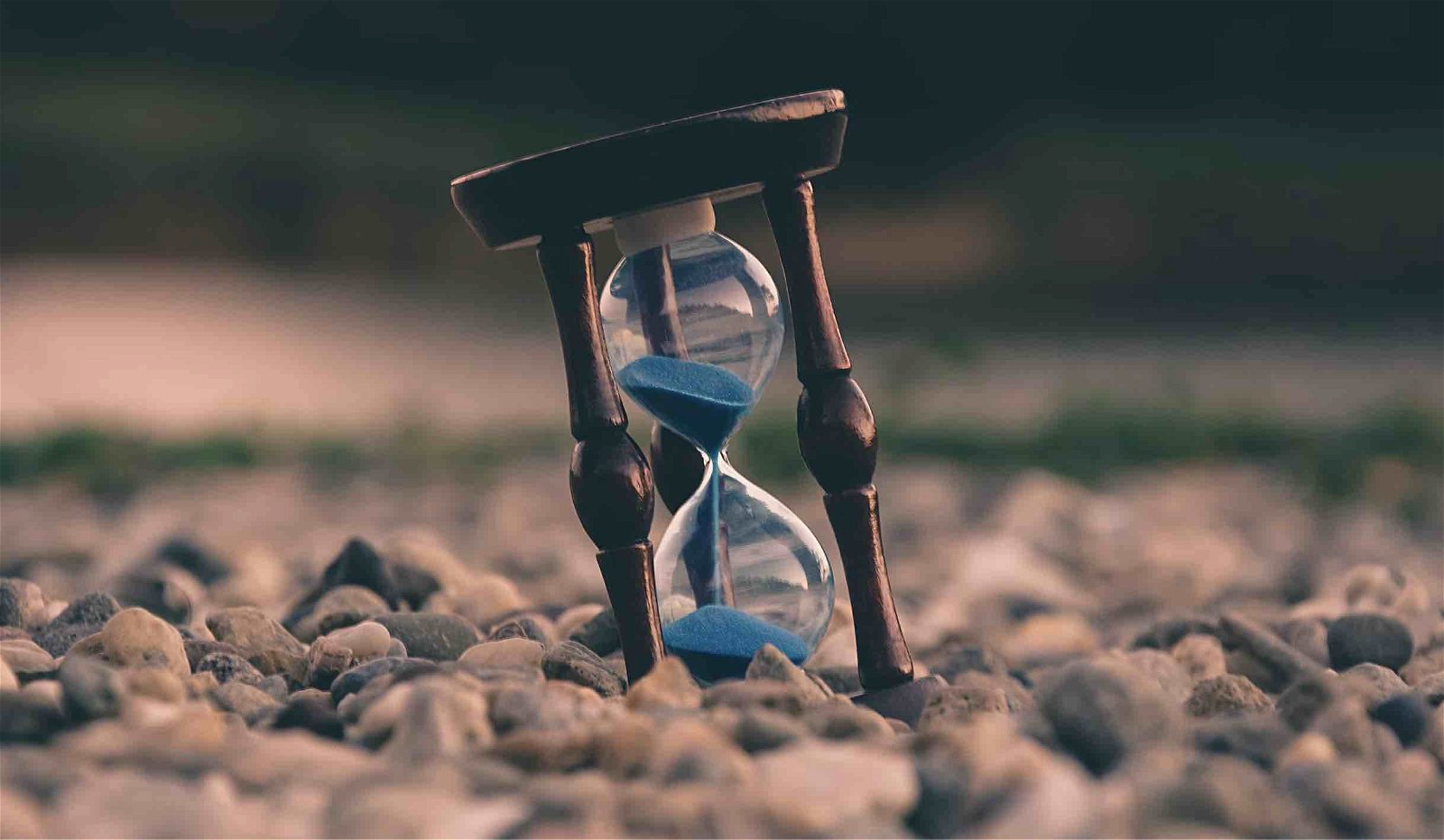New research from Harvard University shows that a person’s perception of time can directly affect how fast wounds heal.
Previous studies have hinted at a link between the mind and body, particularly in relation to stress and lifestyle. However, this study is the first to show a direct connection between the perception of time and the seemingly autonomous process of healing, opening up the possibility of incorporating time perception into the treatment of injury.
Healing and Human Perception of Time
Published in the journal Nature Scientific Reports, the study conducted by Harvard psychologists Peter Aungle and Ellen Langer aimed to determine if the rate of healing was independent of the psychology of the patient or if their perceptions could accelerate or decelerate the healing process.
“Based on the theory of mind–body unity—which posits simultaneous and bidirectional influences of mind on body and body on mind—we hypothesized that wounds would heal faster or slower when perceived time was manipulated to be experienced as longer or shorter respectively,” the researches behind the finding write.
As noted, previous work had found connections between recovery from injury and stress levels, with higher levels of stress potentially interrupting a healthy recovery from injury, but those connections were thought to be primarily physiological in nature.
The researchers also note that previous work studying psychological influences on chronic pain, emotion, and physiological health, and even placebo effects, particularly those involving administration of inert medications, “have led to meaningful improvements in treatments for a broad range of illnesses and injuries.”
Still, this latest study is the first to look at the mindset of the individual, specifically their perception of the passage of time, in relation to recovery rates.
“We hypothesized that experimentally induced wounds would heal faster when more perceived time had passed and heal slower when less perceived time had passed,” the researchers explain, “despite no differences in actual elapsed time.”
Researchers Find Direct Connection between Time Perception and Rate of Healing
To conduct their experiments, Aungle and Langer enlisted study participants under the guise that their personality traits could affect their rate of healing. None were informed that their perception of time was part of the study.
Next, the participants were subjected to “cupping” therapy, which according to the researchers involves “creating a localized suction on the skin using cups, which causes the expansion of blood vessels beneath the skin.”
The increase in blood flow and accumulation of blood and fluids in the “cupped” area result in bruising after the treatment. This offered the researchers a “standardized process” to create wounds on the subjects that would show enough healing in the short time needed to conduct their experiments.
After receiving the cupping therapy, each participant had their perception of time manipulated in three 28-minute sessions. In the “Slow-Time” session, the participants were led to believe that only half of those 28 minutes had passed; in the “Normal-Time” session, time perception was not manipulated, and in the “Fast-Time” session, participants were led to believe that twice as much time had passed.
As they had hoped, the researchers found a significant difference in actual healing between all three sessions, with time perception directly affecting how much healing took place.
“Although the actual elapsed time was 28 min in all three conditions, significantly more healing was observed in the Normal Time condition compared to the Slow Time condition, in the Fast Time condition compared to the Normal Time condition, and in the Fast Time condition compared to the Slow Time condition,” they write.
Findings Could Benefit Future Treatments
In their conclusion, the researchers say their results “support the hypothesis that the effect of time on physical healing is directly affected by one’s psychological experience of time, independent of the actual elapsed time.”
“We found that experimentally induced wounds healed faster when participants believed more time had passed and slower when they believed less time had passed, even though the actual elapsed time was always the same,” they explain. “Our results demonstrate that the effect of time on physical healing is inseparable from the psychological experience of time.”
Ultimately, the researchers argue that understanding the perception of time and its influence on healing and that their study “makes a compelling case for more fully incorporating the idea of mind-body “unity” into subsequent inquiries on mind-body health effects,” including the patient’s perception of time itself.
Christopher Plain is a Science Fiction and Fantasy novelist and Head Science Writer at The Debrief. Follow and connect with him on X, learn about his books at plainfiction.com, or email him directly at christopher@thedebrief.org.

